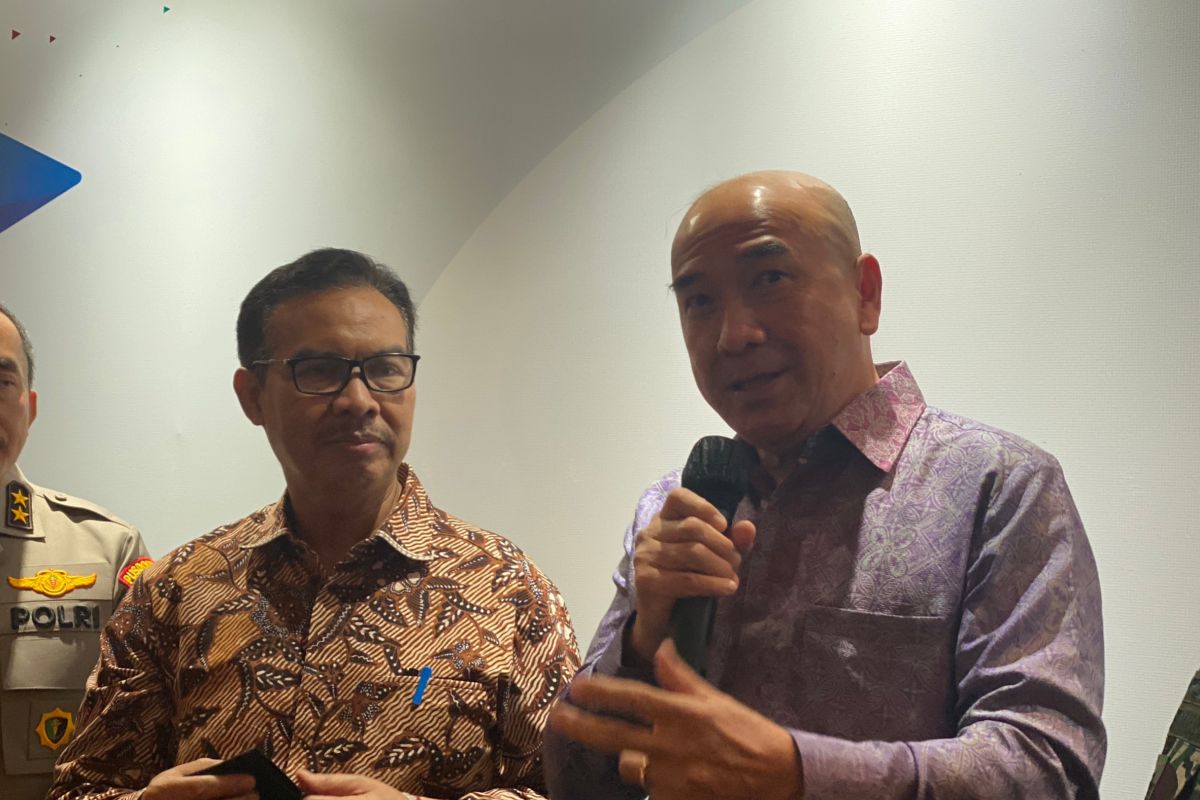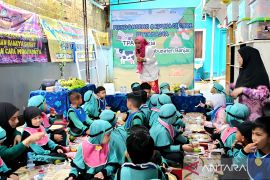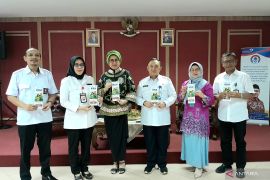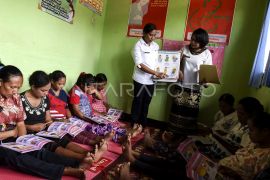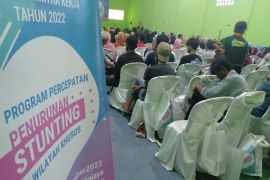"In the future, we will push for more precise improvement, especially in data because we have limited resources," BKKBN head Hasto Wardoyo informed after attending the “National Stunting Forum” in Jakarta on Tuesday.
He said that BKKBN has strengthened the Dashat program by compiling data on families at risk of stunting.
Strengthening data on targeted families will also be useful for determining which families are at risk of stunting and are covered by government assistance programs such as the Family Hope Program (PKH), but are not using the funds to provide nutritional food to children.
Dashat has also been integrated with the work programs of other ministries. The BKKBN, which is currently working with the Ministry of Health, has proposed that the budget allocated for providing complementary food in the form of biscuits or other manufactured food be converted into a special allocation fund managed by villages.
Later, the special allocation funds can be processed by integrated health posts (posyandu) and family assistance teams (TPKs), who will be accompanied by a nutritionist at the sub-district level, to buy local food, which will be used to design nutritious menus while providing information on balanced nutrition and the importance of animal proteins to the community, Wardoyo disclosed.
"Education to the community is important. We have adequate natural resources and sufficient money, therefore, we must prevent them from eating unhealthy food. Rather than consuming noodles or crackers, it is better to eat eggs and fish," he emphasized.
Meanwhile, the CEO of Global Tanoto Foundation J. Satrijo Tanudjojo said that Indonesia is a country with abundant food resources but low literacy on balanced nutrition.
Despite plenty of fish thriving in the sea, families living in coastal areas still prefer to buy other food rather than giving local food to children, he noted.
As a BKKBN partner, Tanudjojo said that his foundation will intensify education through the education sector, which would accelerate the reduction of stunting by improving the quality of families and increasing the knowledge of the family assistance team from BKKBN.
"We are also working with the BKKBN to fight stunting through the family. This is very important to increase the capacity of the family. This cooperation will not stop in 2024 when Indonesia is targeted to reach 14 percent stunting prevalence, but it will continue until we reach zero stunting," he said.
Related news: Need to work hard to achieve stunting elimination target: BKKBN
Related news: 300 families at risk of stunting affected by Cianjur quake: BKKBN
Related news: BKKBN shares family planning knowledge with Philippine delegates
Translator: Hreeloita Dharma S, Resinta S
Editor: Azis Kurmala
Copyright © ANTARA 2022
